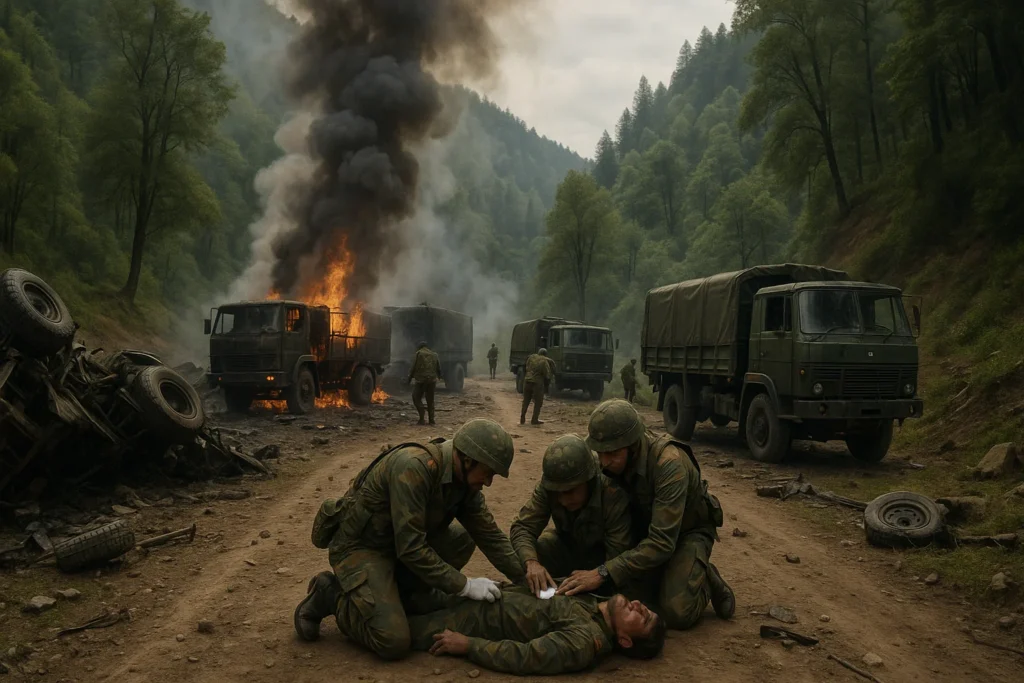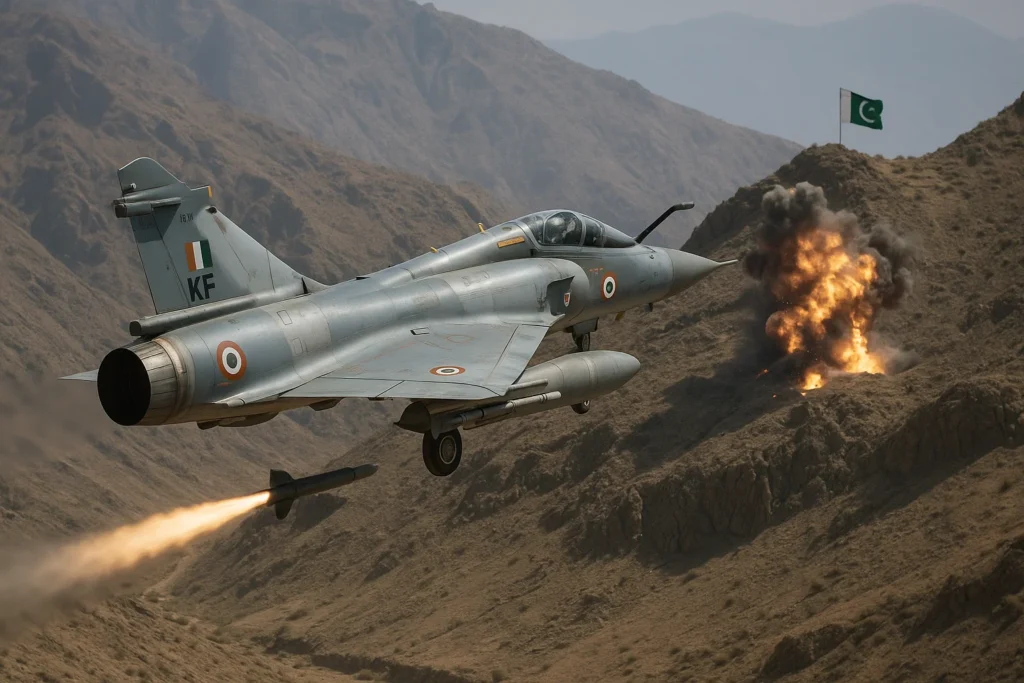
The longstanding tensions between India and Pakistan have once again escalated, leading to a series of confrontations that have raised global concerns. The recent surge in hostilities was triggered by a terrorist attack in Pahalgam, Jammu and Kashmir, and has since evolved into a complex geopolitical crisis involving military actions, diplomatic strains, and international interventions.
The Catalyst: Pahalgam Attack
On April 22, 2025, a devastating terrorist attack occurred in the Baisaran Valley near Pahalgam, resulting in the deaths of 27 individuals, including 25 Hindu tourists, a Christian tourist, and a local Muslim. The Resistance Front (TRF), an offshoot of the Pakistan-based Lashkar-e-Taiba, initially claimed responsibility but later retracted their statement. This incident is considered one of the deadliest attacks on Indian civilians in the region since 2000.
India's Response: Operation Sindoor
In retaliation, India launched “Operation Sindoor” on May 7, 2025, targeting alleged terrorist infrastructures in Pakistan’s Punjab province and Pakistan-administered Kashmir. The Indian government stated that the strikes aimed at dismantling militant strongholds responsible for cross-border terrorism. However, Pakistan reported that the attacks resulted in civilian casualties, including the destruction of a mosque and educational facilities, leading to 31 deaths and numerous injuries
This is how Operation Sindoor was orchestrated deep inside Pakistan
— TechVagabond (@TheVagabond7) May 8, 2025
using Rafale, Sukhoi and some drones from Rajouri and Poonch at the dark hour of 6-7 May 25#OperationSindoor #IndiaPakistanWar #Lahore #IndianArmy #IndianAirForce
pic.twitter.com/YyjZnzCkul
Operation Sindoor an Army-Air Force op, used precision weapons to hit terror camps: Report
— RafeeQ Jabbar Naqshbandi (@azzharee) May 6, 2025
Jai Hind 🇮🇳
#OperationSindoor #IndiaPakistanWar #IndianArmy
Missile Trade F-16 @INCKarnataka @siddaramaiah @DKShivakumar pic.twitter.com/UEJgtM6HVe

Pakistan's Counteraction
Pakistan condemned India’s airstrikes as acts of war and vowed to retaliate. The Pakistani military claimed to have downed five Indian fighter jets and engaged in artillery exchanges along the Line of Control (LoC), resulting in additional casualties on both sides. Prime Minister Shehbaz Sharif emphasized that Pakistan would “avenge the blood of our innocent martyrs.

Diplomatic Fallout
The conflict has led to significant diplomatic repercussions:
Suspension of Treaties: India suspended the Indus Waters Treaty, a critical agreement governing water sharing between the two nations.
Visa and Trade Restrictions: Both countries have imposed visa bans and trade restrictions, further straining bilateral relations.
Expulsion of Diplomats: Diplomatic staff have been expelled reciprocally, and embassies have reduced their operations.
These actions signify a severe deterioration in diplomatic ties, reminiscent of previous conflicts but with heightened stakes due to both nations’ nuclear capabilities.
International Concerns
Global powers, including the United States, United Kingdom, China, and Russia, have expressed deep concern over the escalating tensions. The potential for a nuclear confrontation has prompted calls for immediate de-escalation and dialogue. The international community fears that continued hostilities could lead to a catastrophic conflict with far-reaching consequences.
Conclusion
The recent events underscore the fragile nature of India-Pakistan relations and the urgent need for sustained diplomatic engagement. While both nations have legitimate security concerns, the path to peace lies in dialogue, mutual understanding, and a commitment to resolving disputes through non-violent means. The international community’s role in facilitating this process is crucial to prevent further escalation and ensure regional stability.
